Something That Goes Unnoticed
A veterinary technician's impact
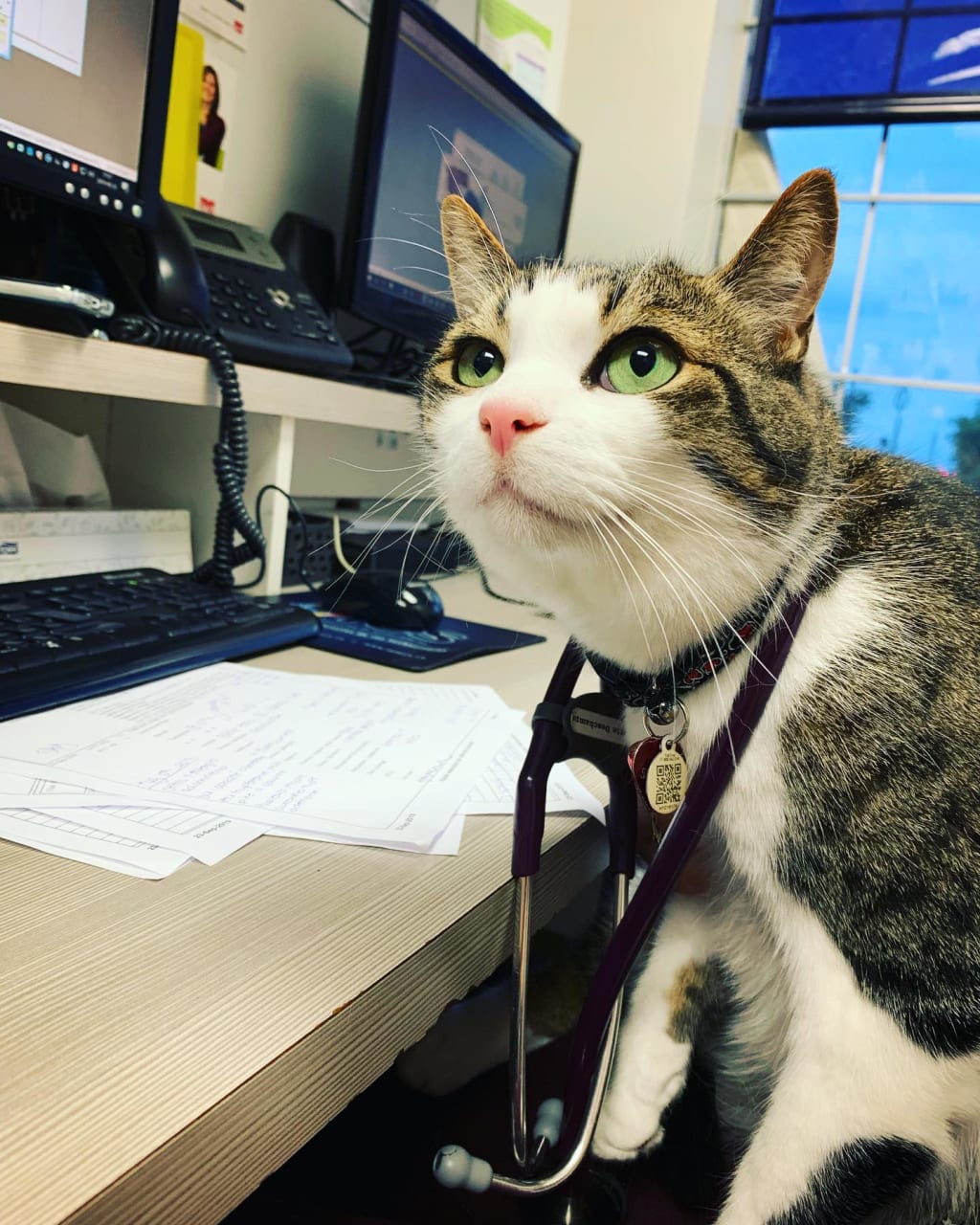
Being a vet tech isn't easy.
In fact, it's the complete opposite.
Reality is harsh and ugly: the conditions are bad. The salary is borderline insulting (did you know the average vet tech, with the same academic degree, makes approximately half of a nurse's hourly wage?), lunch breaks aren't a thing, finding time to drink water or go to the bathroom is a struggle, clients like to use us as their personal punching bag, and the recognition is near zero.
Yet, despite all of the above, we still do it.
Why? Because it's important. Because someone has to. Because, even though everything I just stated is true, I still love my job.
Hospitals and clinics can't run without vet techs
When people think about veterinary medicine, they instantly think of the veterinarian. While vets are obviously the invaluable captains of our unit, most of their job consists of conducting physical examination, performing surgeries, and interpreting diagnostic test results. Everything in between, that's us—the soldiers.
A vet tech's job description basically includes anything and everything you would imagine a health worker doing. We have to be proficient in multiple departments, sort of like gathering specialists and stuffing them into one person, because while there are specialized reference centers in the veterinary world, establishments that practice general medicine still have to do it all. Jacks of all trades, if you will. When we slip into our scrubs, we become caretakers, pharmacists, nutritionists, surgical nurses, dental hygienists, anesthesiologists, phlebotomists, ER trained, laboratory technicians, and even at times, counselors. Those titles are unknown to most, ignored by a few, sometimes even taken for granted—they are hidden beneath what is, sadly, often a misunderstood career.
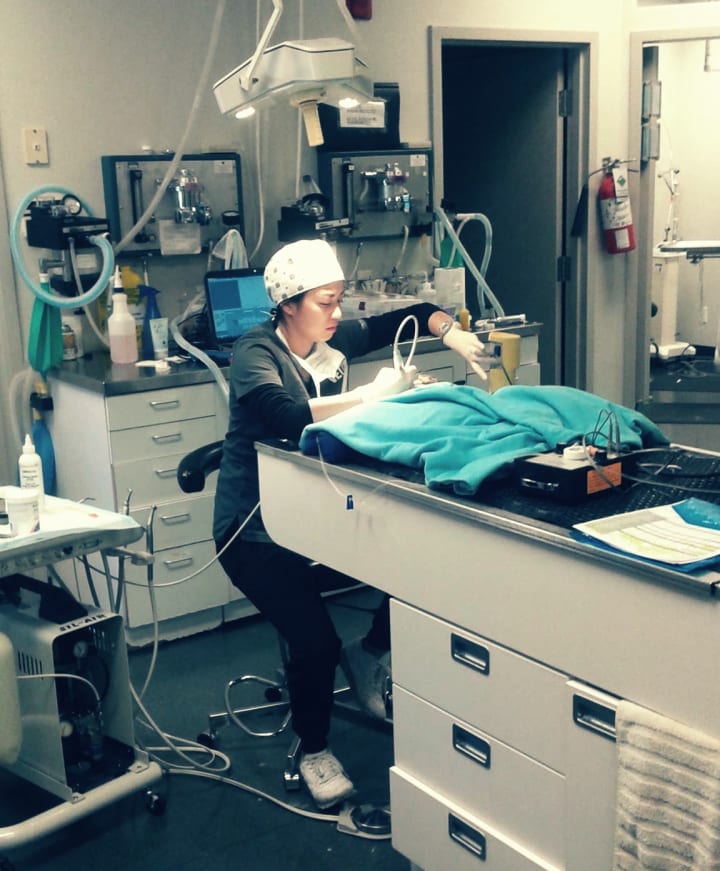
Let's go through what a typical day might look like for a vet tech.
You're in consultation, which means you'll be paired up with a veterinarian; act as her or his right hand and assist whenever necessary. The first appointment is a first-time puppy owner, and as soon as you call them in the room, they whip out a list of questions—which is fine, you want them to ask questions and be as best equipped as possible to care for their new pet, but there's no denying it's time consuming. Consequently, you're late for your next appointment, only the second of the day, and trying to catch up.
The next patient is an examination of a geriatric cat who's been anorexic and lethargic for two weeks. After the vet's medical assessment, we strongly recommend a blood test and hospitalization, as the cat's state is concerning. The owners go ahead with the blood test, but have insufficient funds to pay for a hospitalization. We understand. We never judge. We send out the blood for analysis and offer the owners as much as we can based on their budget. The cat goes home and we cross our fingers. You're worried, but the next patient has already been waiting fifteen minutes, so you have to move on.
You manage to get back on schedule just as the clock strikes noon. Thank god, because you didn't eat breakfast today and you're starving. Right before you can heat up your lunch, a receptionist comes rushing in the back with a dog in their arms. At that moment, you drop whatever you're doing and focus on the emergency—so does the vet. After an hour of attempting to stabilize the animal, the worst happens.
You're heartbroken. Your appetite is gone, but your stomach still most certainly empty. It's one o'clock in the afternoon, and your next appointment has arrived. You wipe away your tears and force a smile on your face.
"You're so lucky, you get to play with kittens and puppies all day!"
I once had a client say it to me after a thirteen hour shift spent in surgery—a day where I'd had six animals under my care, with an unexpected last minute emergency surgery and hospitalization. I hadn't eaten more than a banana and half of a granola bar at noon, my throat was dry from dehydration, and I had a pile of paperwork waiting for me. My feet were sore, my back stiff, my head was throbbing from being under neon lights all day long. Still, I smiled, laughed a little, and proceeded to get on with the discharge.
Vet techs are overworked, but every morning, we slip our feet back in our running shoes and face the challenges head on. Because we care. Because we want your pet to go back home safe, healthy, happy. All we ask for is kindness and acknowledgement.
The bond between a vet tech and her patient
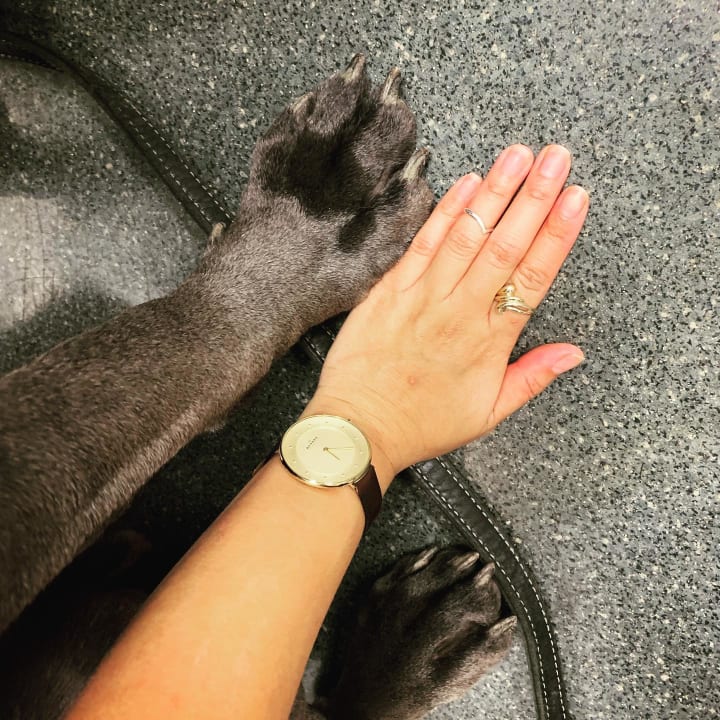
There's something truly special about being a vet tech. Something that goes beyond the physical aspect of the job—something intangible, probably invisible to the naked eye.
The bond we form with every single patient we come across.
With the abandoned litter of kittens, I ask myself how it's possible for them to already know so much of the world's cruelty. I help them as much as I possibly can, offer them as much love in what little time we have, and pray they will find their forever home.
For the terrified, scarred little Pitbull, my heart aches. I move slowly, let him get used to my presence, let him approach first. With a calmness I know he can feel, I reach out and pet him. I know he wants to love and be loved, I know he wants to trust... he's just been hurt one too many times.
With the sick nineteen year old cat, I take my time, handle her with the utmost care and most gentle touch. She hisses at me and tries to claw me away, and I can only guess how much she suffers—I wish I could carry some of that pain for her.
During the euthanasia of a beloved family dog, a westie whose body is shutting down, I want to run away and cry. Not only because he reminds me of my first dog, but because I can see how tired he is. My voice is steady as I explain it to the heartbroken family members, but inside, I crack open. When it's time to say good bye, I stroke the dog's head, whispering "it's okay, buddy" amidst the family's tears. I hold their hands, tell them they made the right choice, because they did—their baby no longer suffers, and thanks them for this gift.
A vet tech establishes the communication bridge between the animal and their owners. It's our job to listen, to watch, to understand the animal so we can put their feelings into words. So we can get them the care and the love they deserve.
So, why do I love my job?
I love my job because it's essential. Veterinary medicine, just like human medicine, keeps evolving. Every day we learn and show up for the battle, every day we save lives—lives some might not view as equals or as important. Let's keep fighting for those who have no voice.
I love my job because it makes a difference. Educating clients so they can understand their animal as if it were able to speak to them, it matters more than most might think. Animals deserve all the happiness in the world, and knowing I might play a crucial role in their quality of life is invaluable.
I love my job because it's very human. Something I constantly work toward as a vet tech is establishing trust between us and pet owners. I love my own dog more than words can describe, and I know many of those owners share that same feeling. When they burst into tears and thank me for the part I played in their pet's wellbeing, it's unlike anything else. In those moments, I wouldn't trade my career for any other jobs out there.
I love my job because I love animals.
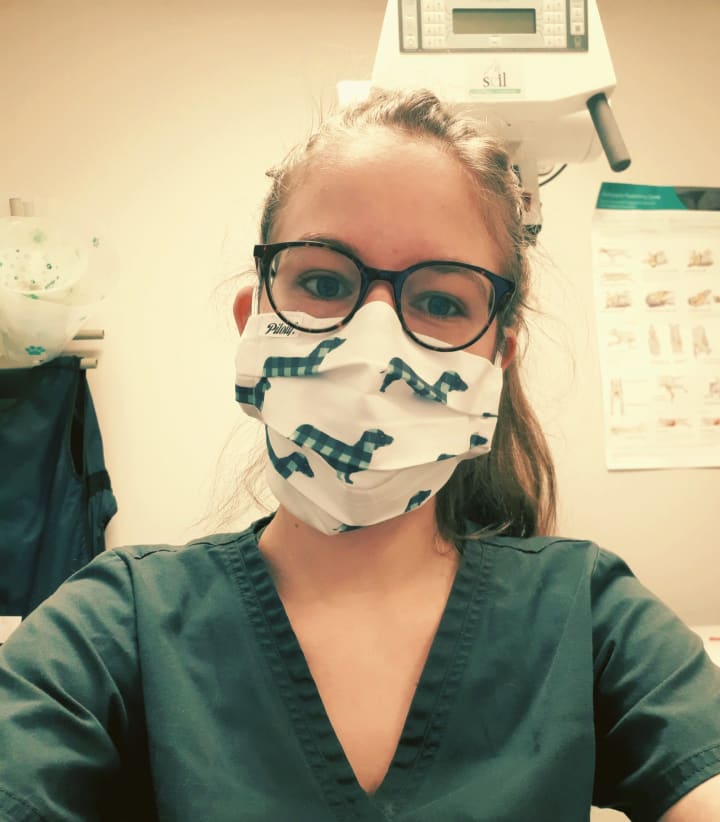
About the Creator
Elsa Fleurel
veterinary technician and freelance writer
🌧 penchant for horror, thriller and criminal psychology 🌧
-
follow me on instagram



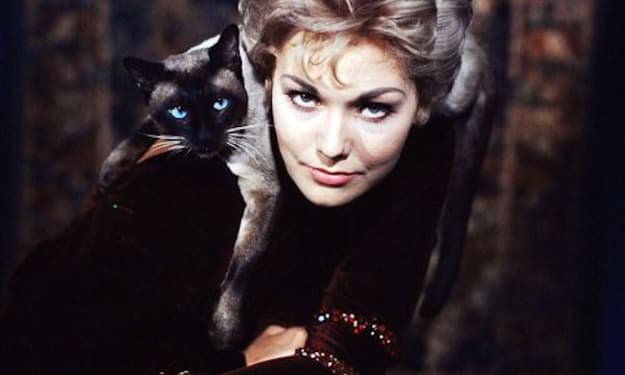


Comments
There are no comments for this story
Be the first to respond and start the conversation.